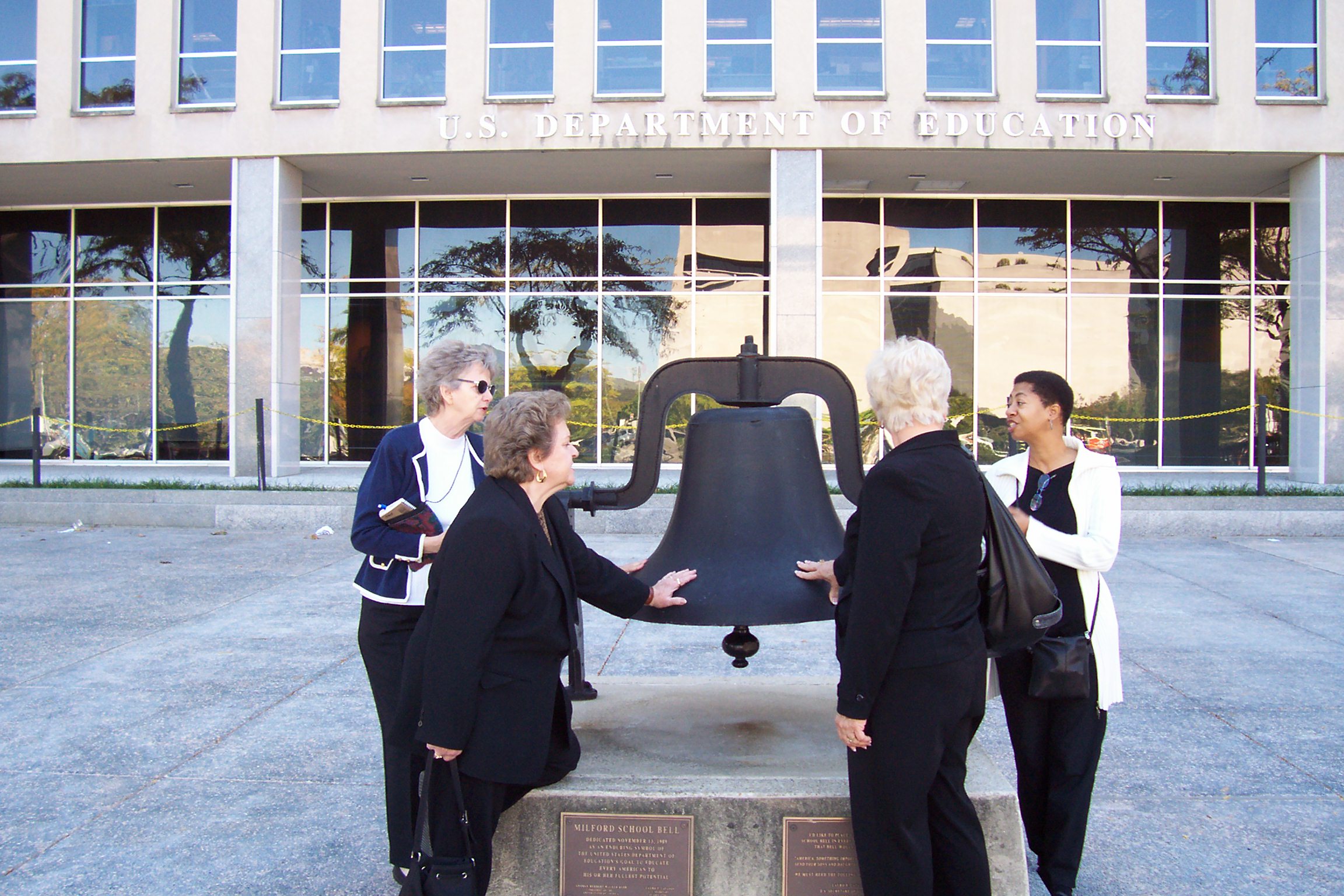 The US Department of Education employees approximately 5000 people and has an approximate annual budget of $69 billion. According to the National Center for Educational Statistics there are 57 million elementary and secondary school age children in the United States, of which 8 million are either enrolled in private schools or homeschooled. That leaves 49 million children educated by America’s network of public schools and for whom the Department of Education serves. Does the Department of Education produce $69 billion dollars worth of results for the public school children in America? It produces no curriculum, teacher training, or personalized educational training. So what does it do?
The US Department of Education employees approximately 5000 people and has an approximate annual budget of $69 billion. According to the National Center for Educational Statistics there are 57 million elementary and secondary school age children in the United States, of which 8 million are either enrolled in private schools or homeschooled. That leaves 49 million children educated by America’s network of public schools and for whom the Department of Education serves. Does the Department of Education produce $69 billion dollars worth of results for the public school children in America? It produces no curriculum, teacher training, or personalized educational training. So what does it do?
According to the Dept of Ed web site, they have four areas of concentration:
1. Establish policies and administer financial aid,
2. Collect data and oversee research on America’s schools,
3. Identify major issues and problems in education and bring national attention to them,
4. Enforce anti-discrimination in public education.
Since the US constitution does not mention education, but the constitution does state that all powers not mentioned in the constitution are delivered to the individual states. Which is the reason why many Americans believe that the US Department of Education has no constitutional standing and must be dismantled. I believe that it is imperative that we pray on a regular basis for the Department of Education—it will remain only if it serves the best interest of our children and improves the educational quality of our schools.

 In the history of America, the period of 1880 to 1933 were pivotal for this nation’s education. New theories of how to educate children were being birthed at ivy league colleges that would gradually trickle down to be taught in every school room in America. It was a time of great change—and not for the betterment of our children in our schools.
In the history of America, the period of 1880 to 1933 were pivotal for this nation’s education. New theories of how to educate children were being birthed at ivy league colleges that would gradually trickle down to be taught in every school room in America. It was a time of great change—and not for the betterment of our children in our schools.